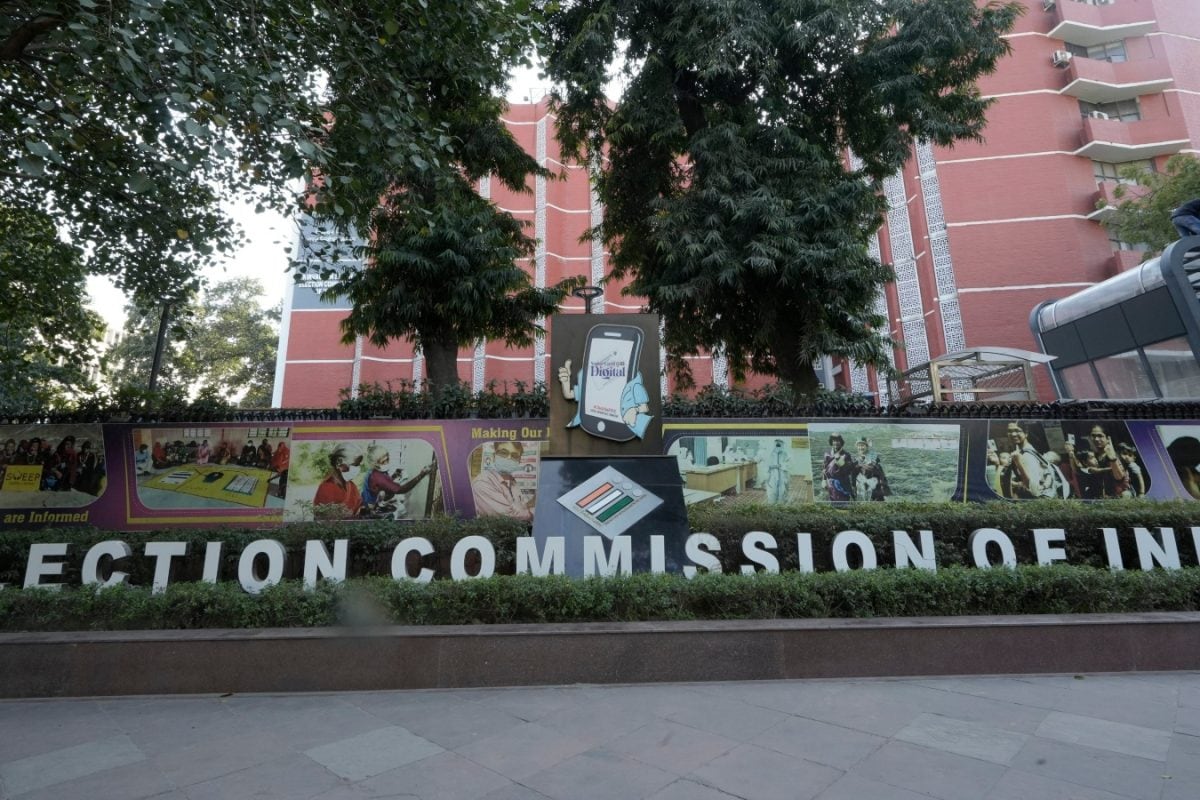

The Election Commission of India (ECI) is reportedly considering the suggestions made by the Supreme Court regarding the ongoing Special Intensive Revision (SIR) of electoral rolls in Bihar. A source indicates that the ECI is exploring options to incorporate the court's recommendations, particularly concerning the inclusion of Aadhaar cards, Voter IDs, and ration cards as valid documents for voter registration.
The Supreme Court's intervention came in response to a batch of petitions challenging the ECI's order for the SIR in Bihar. The court acknowledged that while the ECI has listed 11 documents for voter verification, this list is not exhaustive. Consequently, the court suggested that the ECI consider including Aadhaar, EPIC (Elector's Photo Identity Card), and ration cards to ensure a more inclusive process. The court has scheduled a further hearing on July 28 to examine the powers, process, and timelines of the revision exercise, especially with the Bihar Assembly elections due in November.
Justices Sudhanshu Dhulia and Joymalya Bagchi, forming the bench, emphasized the importance of the ECI providing reasons for not initially considering Aadhaar, EPIC, and ration cards. They noted that the existing list of documents, while intended for identity verification, might be restrictive and create unnecessary barriers to voter registration. The court also questioned the ECI's stance on Aadhaar, pointing out the inconsistency of excluding it while accepting documents like caste certificates, which are often dependent on Aadhaar.
The ECI's counsel stated that the SIR was deemed necessary because the last intensive revision of voter lists in Bihar occurred in 2003. The ECI has already completed 60% of the enumeration, amounting to approximately 55 million entries, and has uploaded half of these onto ECI Net, a newly created platform for document verification. The ECI argued that this drive would streamline future revisions, primarily requiring only the addition of new names.
The petitioners, including various opposition leaders and organizations like the Association for Democratic Reforms, raised concerns about the timing and manner of the SIR. They argued that conducting such an exercise shortly before the elections could lead to disenfranchisement. Concerns were also raised regarding the acceptability of only 11 documents, which excluded Aadhaar and Voter ID cards. The petitioners argued that once a person is included in the electoral roll, there should be a presumption of citizenship, and the SIR's approach contradicted this principle.
The court acknowledged the ECI's power to conduct special revisions under Section 21 of the Representation of the People Act, 1950. It clarified that the challenge was not against the ECI's authority but against the manner in which the power was being exercised. The court also addressed concerns about the ECI's decision to focus on those enrolled after 2003, stating that there was a practical reason behind this cutoff, as it was the first time after computerization.
The Supreme Court's observations serve as a crucial course correction for the ECI, urging it to facilitate democratic participation rather than create obstacles. The court has provided the ECI with an opportunity to transform the SIR into a genuinely inclusive process by expanding the list of acceptable documents. This could help resolve issues with the SIR and prevent the potential disenfranchisement of marginalized citizens.